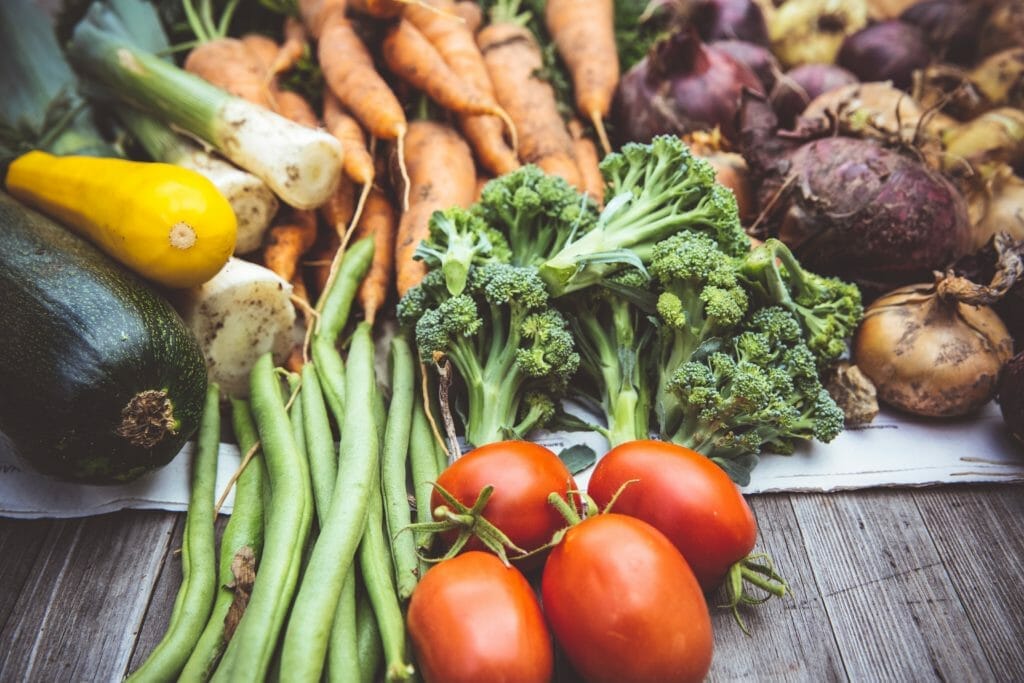
 Time and Attention
Time and Attention 51: Food Habits
May 11, 2021
Topics covered in this podcast include eliminating and doubling down on food habits, approaching food with an attitude of abundance, the 'all or nothing' effect with food, introducing dependencies to combat negative habits, the limited reservoir of willpower, the concept of 'real food', and book recommendations related to food.
Chapters
Transcript
Episode notes

